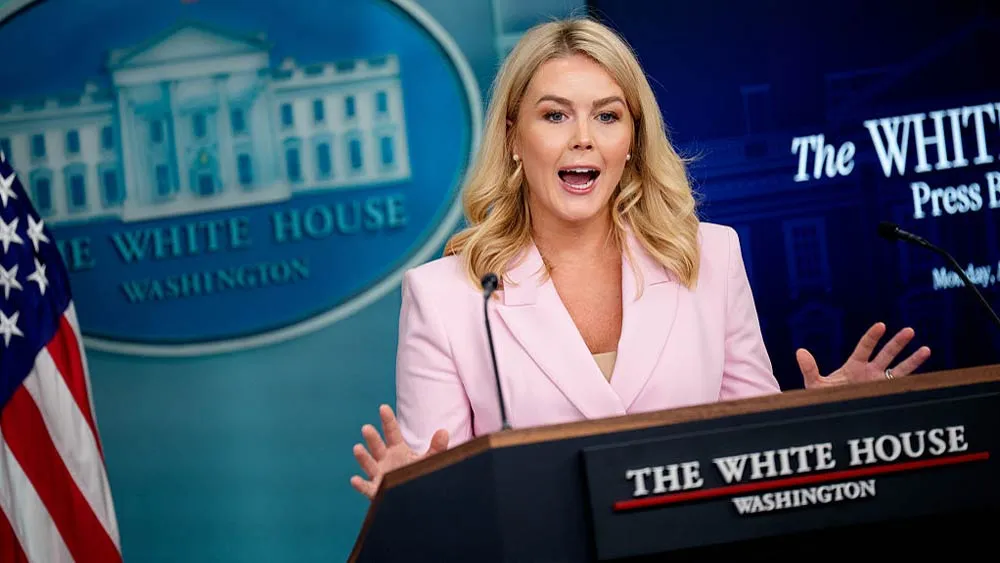August 31, 2011
Do New Gay Census Statistics Matter to Fla. Lawmakers?
Steven Skelley READ TIME: 3 MIN.
Statistics from the 2010 census show the number of same-sex couples in Florida increased by more than 21,000 over the last decade, but the question remains whether these figures will translate into any tangible LGBT legislative advances in Tallahassee.
The 2010 census showed there are at least 65,601 same-sex couples Florida--these identified couples comprise only about a tenth of the more than 610,000 gay, lesbian and bisexual people who live in the Sunshine State, according to research the Williams Institute at the UCLA School of Law published
"I think it is great that they marked it on form and are comfortable," said Brian Longstreth, owner of the Gay StPeteHouse bed and breakfast who organizes the annual St. Pete PRIDE each June. He questioned, however, whether these statistics actually matter.
"It shows a lot of people have come a long way but I don't think it will have an impact on legislation as long as we have politicians in office who oppose equal rights," said Longstreth. "Things have gotten worse and worse for us in Florida since the Republicans became veto-proof."
Florida remains a conservative Republican stronghold.
Governor Rick Scott, U.S. Sen. Marco Rubio and a variety of other Tea Party and conservative politicians have touted their anti-marriage equality and other positions in their campaigns. This trend has continued once they have taken office.
Rubio delivered the keynote at the Florida Family Policy Council's fifth annual Public Policy Dinner in Orlando in May 2010. The FFPC was one of the groups behind Amendment 2 that voters approved in 2009. The measure bans marriages, civil unions and any other legal recognition for same-sex couples.
Congressman Allen West has also sought to solidify his conservative bonafides.
"The term gay marriage is an oxymoron... marriage is a union and a bond between a man and a woman," he said at the Eagle Forum Collegians' 2011 Summit in Washington, D.C. Scott has also done the same.
"I'm an across-the-board conservative. I am pro-life and support traditional marriage. We need to protect our values as well as our tax dollars," he said on his gubernatorial campaign's website. When asked by a reporter if gay marriage could ever come to Florida, Scott's response was, "It's not really a discussion here."
Longstreth notes there are some politicians who advocate on behalf of LGBT Floridians. "U.S. Sen. Bill Nelson and State Representative Rick Kriseman are great supporters, but they are outnumbered," he said.
Nelson voted against the proposed Federal Marriage Amendment and supported the addition of sexual orientation and gender identity and expression to the federal hate crimes laws.
State Rep. Rick Kriseman (D-St. Petersburg) remains one of Tallahassee's most pro-LGBT politicians.
He led the charge for an expanded human rights local ordinance, sponsored and co-sponsored a multitude of bills that address discrimination and sexual orientation and urged Congress to repeal 'don't ask, don't tell.' Kriseman also co-sponsored a statewide domestic partnership bill, a measure to repeal Florida's ban on gay and lesbian adoption, proposed legislation that would ensure no Floridian would be fired due to sexual orientation or gender identity and the inclusion of LGBT youth into an anti-bullying bill.
When St. Petersburg Mayor Rick Baker was asked to sign a proclamation and attend the annual St. Pete PRIDE festival, which brings almost 100,000 attendees and generates tens of thousands of dollars in revenue to the Pinellas County city, he refused. Kriseman stepped in and has hosted the state's largest Pride event ever since.
"We need to get more involved in supporting candidates that are supportive of us-be careful," said Longstreth. "Take voting responsibility. Too many people just don't vote. Get educated about whom to vote for."
Koren, a receptionist at the Camp Mars gay campground in Venus, was somewhat pragmatic about the statistics.
"I am 85 years old. We've come a long way in my life but we still have a long way to go," she told EDGE. "It shouldn't be so hard. There shouldn't be so many biases and prejudices. There is too much interference from powerful religion and politicians. Hatred is a terrible disease...and it is a disease. Prejudice and hate are things that are taught to children. We need to educate children to love and accept all people for who they are."
Steven Skelley is a published author of several nonfiction works and the novella The Gargoyle Scrolls. He has been a newspaper columnist, travel writer, news writer, music director, creative arts director, theater reviewer and tennis instructor.


